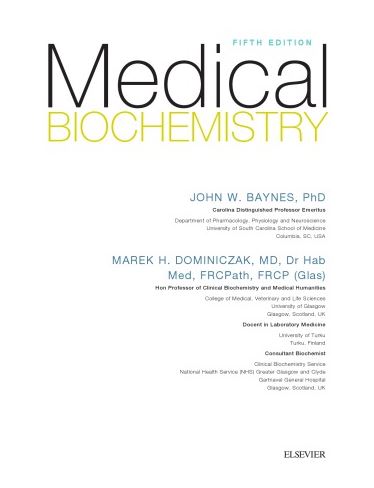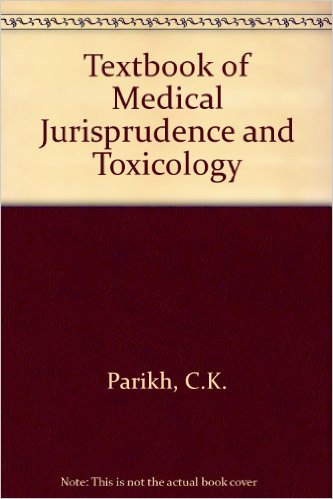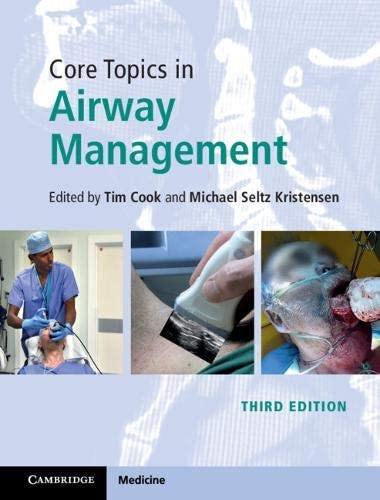Essential Endodontology 3rd Edition PDF download
Book Details
Endodontology includes pulp and periapical biology and pathology. As a clinical discipline, however, endodontics mainly deals with treatment of the root canal and the placement of a root filling, or treatment by surgical endodontics. The technical procedures associated with treatment focus on the particular problems of asepsis and disinfection of the pulp canal system. Treatment measures to preserve pulp vitality are a shared responsibility with conservative dentistry, and include specific techniques in dental traumatology. Recent research has shown the importance of asepsis and disinfection procedures also for treatment of pulps exposed by caries or trauma, extending classical endodontic treatment principles to the management of deep caries (see Chapter 9). For vital teeth requiring partial or full pulp removal, the initial diagnoses and the difficulties associated with treatment may be related to the state of the pulp, but the purpose of treatment is no longer the preservation of the pulp but the prevention and/or elimination of infection in the root canal system. The ultimate biological aim of this treatment is to prevent apical periodontitis. For teeth with infected/necrotic pulpal with an established apical disease process, the biological aim is to cure apical periodontitis. Of the endodontic diseases, apical periodontitis is therefore prominent as it is a primary indication for root canal treatment and because it is by far the most common sequel when treatment is inadequate or fails (Figure 1.1). Even the measures taken to preserve pulp vitality may be viewed as ultimately preventing root canal infection and the development of apical periodontitis. The importance of microbes in the initiation, development and persistence of apical periodontitis has been thoroughly documented (see Chapter 4). The emphasis in this book is on the infectious etiology of apical periodontitis and on the aseptic and antiseptic principles applied during treatment. Furthermore, new research findings have impact on aspects of diagnosis, treatment, prognosis and evaluation of outcome in endodontics. It is therefore important to use the acquired knowledge to build treatment principles logically, and to show how all these fundamental aspects can be applied in clinical practice.
More Info
Hardcover: 408 pages
3 edition (January 28, 2020)
Language: English
Download






